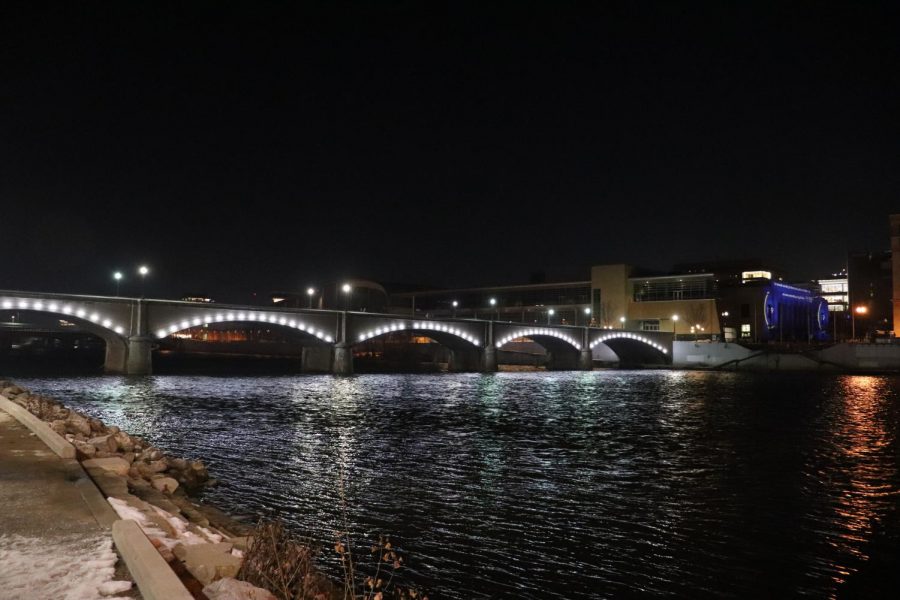Grand Rapids races against pandemic to revitalize sections of local economy
Mar 15, 2021
As the COVID-19 pandemic slowly comes to a close, the city of Grand Rapids is looking for its economy to bounce back quickly from a year full of lockdowns and business closures. The restaurant, entertainment and hospitality industries were among the hardest-hit areas of the economy due to various indoor capacity restrictions that have been in place since March 2020.
Now that some restrictions have eased, cases have trended downward and Michigan continues to distribute the vaccine, some of the focus can shift to the city’s recovery effort. City officials believe that Grand Rapids is already on the path to economic recovery, thanks to initiatives it has taken to keep things afloat.
“With an emphasis on the recovery of local businesses, the City awarded $525,000 in Small Business Economic Recovery Grants,” read a statement from the City of Grand Rapids. “It also invested in resident resiliency contracts totaling $3.3 million for housing security and support services, neighborhood support and technical assistance and youth employment.”
Seidman College of Business Associate Dean Paul Isely believes that the support for West Michigan must be a focused effort, no matter where the relief money is coming from. 
“The real issue for us right now is making sure we’re supporting that fraction of the economy that is actually hurting,” Isley said. “A large chunk of the economy isn’t actually hurting. In the sectors that are doing pretty well, like manufacturing and construction and professional services, they’ve actually run out of workers”.
Even with the most impacted sector of the economy beginning to stabilize, Isely says that 20-25% of restaurants in Grand Rapids will be closed permanently.
“We know that we’re going to have to figure out how to facilitate people buying into bringing back that feel,” Isely said. “Part of what’s really supercharged Grand Rapids is the nightlife, that downtown feel, and all those local restaurants and the diversity of eating. We have to find ways to make sure that the ones that have survived make it through.”
With the virus coming down and more stimulus money coming in, Isely projects a road to economic recovery faster than anticipated when COVID-19 first struck.
“If the vaccination is on par and it’s moving as fast as it is, and it stays ahead of the problems that are caused by the new variants, we will have a very, very good summer in West Michigan,” Isley said.
He believes that the recovery also depends on how quickly people spend their newfound disposable income.
“I’ve watched people my entire life,” Isley said. “I’ve looked at data of people my entire life. As long as they’re scared, they’re going to save the money, but once they’re not scared anymore, they’re going to spend it. Over the course of the next eight to nine months, a lot of that money is going to break loose and that’s really going to help the economy”.
For city officials, economic recovery will be the main focus of 2021 and possibly 2022, and the city will be looking to make Grand Rapids attractive to locals and tourists alike.
“COVID-19 recovery efforts include creating social zones and social districts in Corridor Improvement Districts and supporting the return of city-wide events such as ArtPrize, Festival of the Arts, and the new Confluence event,” the city statement read.
Isely projected that Grand Rapids will most likely fully return to its pre-pandemic economy by the summer of 2022.






















